3 years ago, because a relative had type 2 diabetes, when seeing an advertisement on social media about a medicine that could cure this disease, Ms. HTTr. (45 years old, Khanh Xuan ward, Buon Ma Thuot city) confidently bought it and used it.
According to the advertisement, the medicine must be taken correctly to completely cure the disease and to get a discount on the price, so Ms. Tr. ordered 3 courses for about 5 million VND.
At first, Ms. Tr.'s relatives followed the instructions and their blood sugar levels decreased, but at follow-up visits, their blood sugar levels increased. When they contacted the Facebook page where they had placed the order, it no longer existed. When they contacted the pharmacy via the phone number listed on the packaging, the subscriber could not be reached. At that time, Ms. Tr. knew she had been scammed.
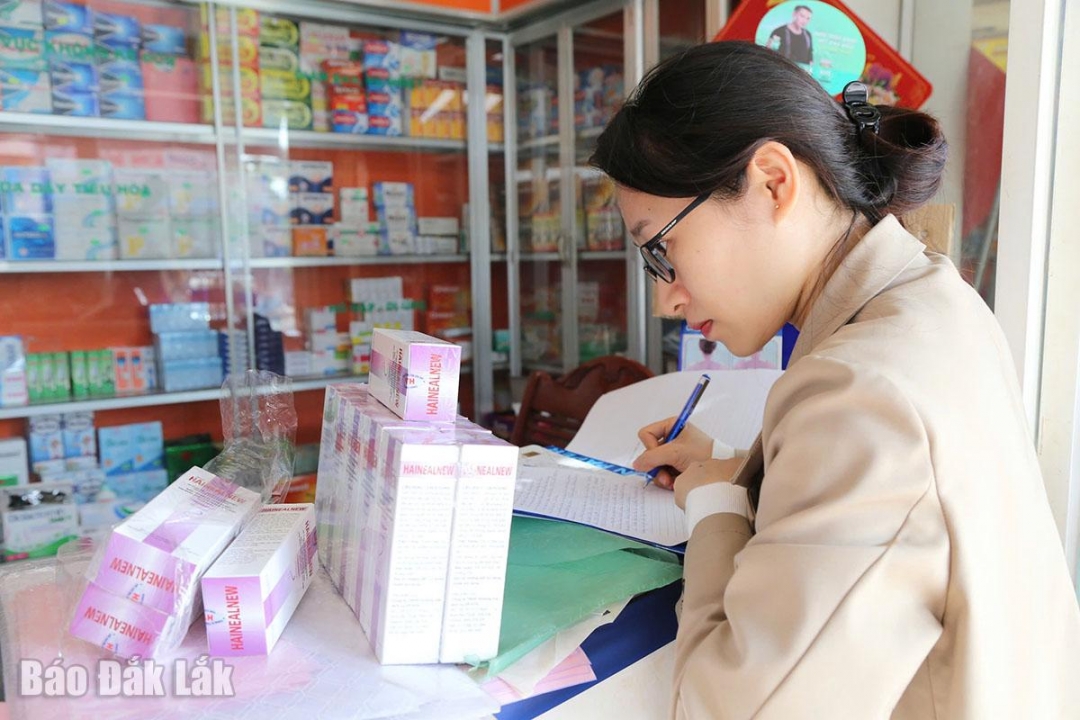 |
| Record pharmaceutical samples sold at private pharmacies in the province. |
Similarly, Ms. LTT (32 years old, Tan Lap ward, Buon Ma Thuot city) has had long-term acne on her face, causing her to lose confidence in daily communication. After consulting acne medications on social networks, an "online doctor" advised her to use Isonace (a drug with the active ingredient Isotretinoin) for a complete treatment. Ms. T. then took the name of the drug provided and went to the pharmacy to buy it. After a month of buying and using the drug herself, her skin showed symptoms of dryness, chapped lips, dry cornea, and nosebleeds.
Worried about her health, Ms. T. performed tests and found that her liver enzymes were high. Alarmed by the unusual symptoms, Ms. T. went to a dermatology clinic for examination and was clearly explained by the doctors that this drug is a prescription drug and should only be used when prescribed by a doctor. It is worth mentioning that using Isonace carries the risk of causing birth defects (rapid degeneration of the skull joints, causing small brains and difficult births), so women of reproductive age like Ms. T. should not use it indiscriminately.
Recently, the Department of Health has established a team to assess good pharmacy practice (GPP) and good distribution practice (GDP) standards to appraise and grant licenses to pharmaceutical businesses in the area.
Along with that, regularly update the list of wholesale and retail drug establishments in the province on the website of the Department of Health to facilitate citizens' lookup and serve as a basis for localities in decentralization of management.
As of April 21, 2025, the Department of Health has licensed 50 drug wholesalers and 1,786 drug retailers, including 452 pharmacies and 1,334 drug stores, establishments specializing in retailing medicinal herbs, herbal medicines, and traditional medicines.
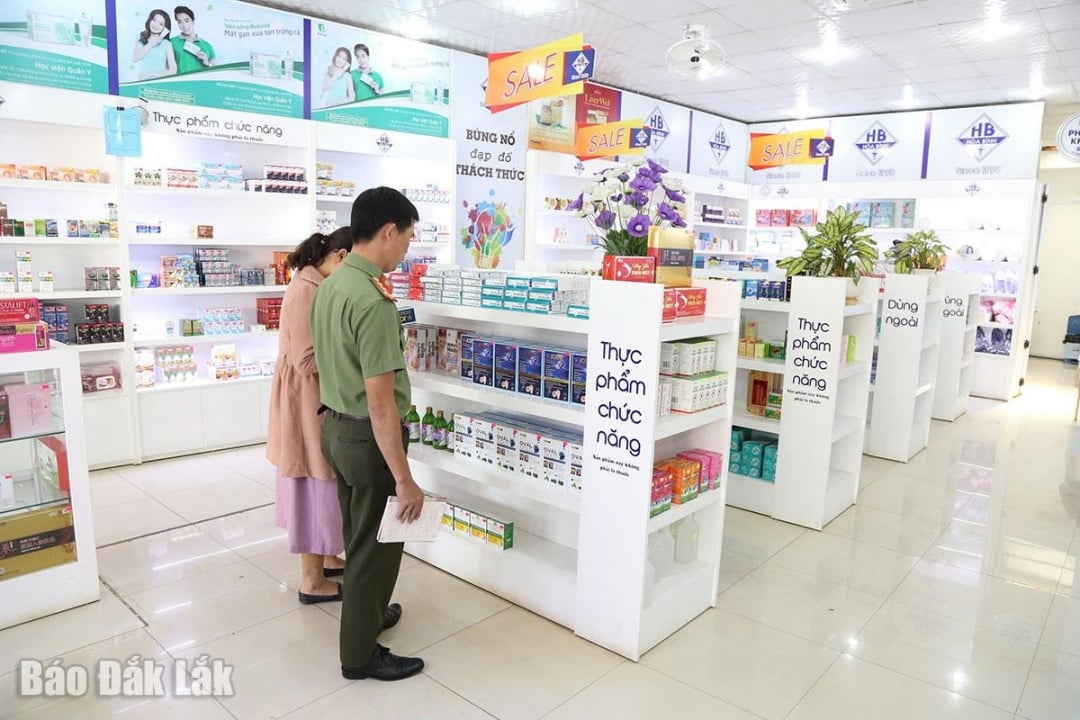 |
| Authorities inspect functional foods sold at private pharmacies. |
The inspection of drug, cosmetic and food quality has also been strengthened. During the period from 2023 to 2025, the Department of Health inspected 1,352 drug and cosmetic samples; conducted 425 monitoring visits to public and non-public health facilities, pharmaceutical and cosmetic businesses and distribution establishments in the province. Thereby, 14 substandard drug and cosmetic samples were discovered, including 2 samples of modern medicine taken at medical centers, 2 samples of modern medicine taken at drug counters, 2 samples of modern medicine taken at pharmacies, and 7 samples of cosmetics taken at cosmetic businesses.
In 2025, the Department of Health issued 14 documents announcing the suspension of circulation and recall of drugs and cosmetics. At the time of monitoring and sampling to check the quality of drugs and cosmetics, the sampling teams did not detect any drugs or cosmetics included in the recall notices of the management agency recorded in the monitoring records.
According to Deputy Director of the Department of Health Nguyen Huu Vu Quang, many people currently have the habit of going to pharmacies to buy medicine based on their symptoms without a doctor's prescription. This creates conditions for counterfeit and poor quality drugs to easily circulate, because there is no strict control process from medical facilities.
On the other hand, consumers often buy medicines and functional foods on social networks and e-commerce platforms because they are attracted by cheap prices and exaggerated advertisements without verifying the origin, registration number, or reputation of the supplier.
Meanwhile, the current counterfeit drug producers have high technical skills, can copy the exact model, barcode, logo, and even the registration number of the real drug, causing confusion for both buyers and medical staff. This also makes it difficult for the authorities to conduct quick on-site inspections, requiring samples to be taken and sent for testing, which is time-consuming and costly.
Along with that, the number of specialized health inspectors is very limited, not enough to regularly inspect all pharmacies and retail establishments, especially in remote areas, creating a significant challenge in detecting and handling counterfeit drugs.
Source: https://baodaklak.vn/xa-hoi/202506/phat-hien-xu-ly-thuoc-gia-van-con-nhieu-thach-thuc-98a0ff2/












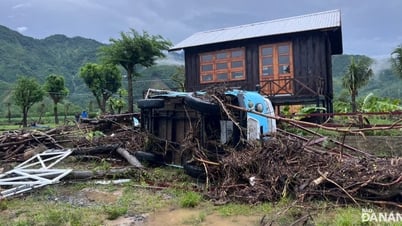

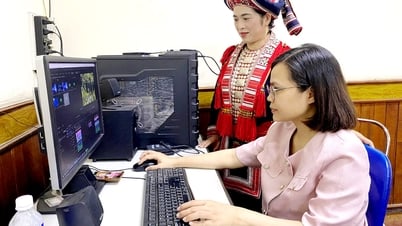











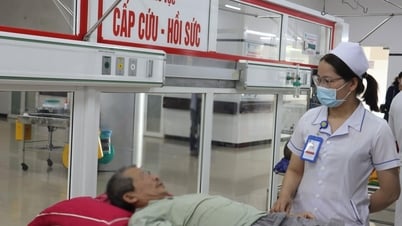
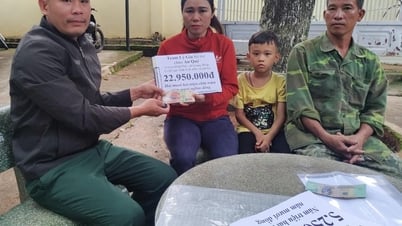



![[Photo] Prime Minister Pham Minh Chinh receives leaders of several Swedish corporations](https://vphoto.vietnam.vn/thumb/1200x675/vietnam/resource/IMAGE/2025/6/14/4437981cf1264434a949b4772f9432b6)
































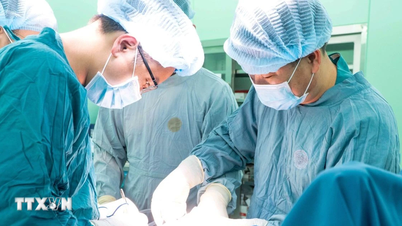





























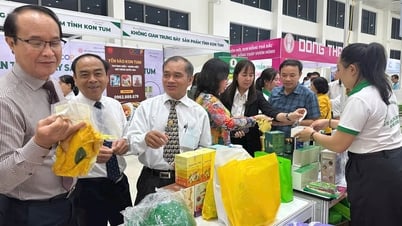
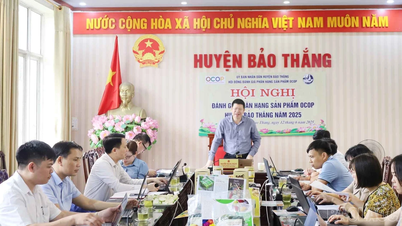


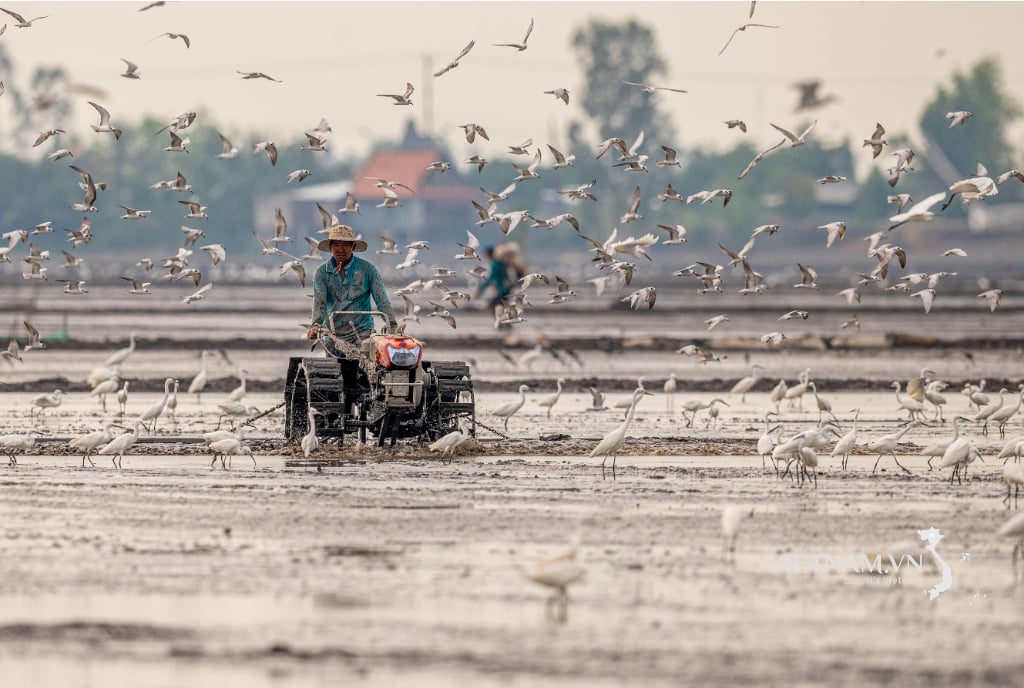
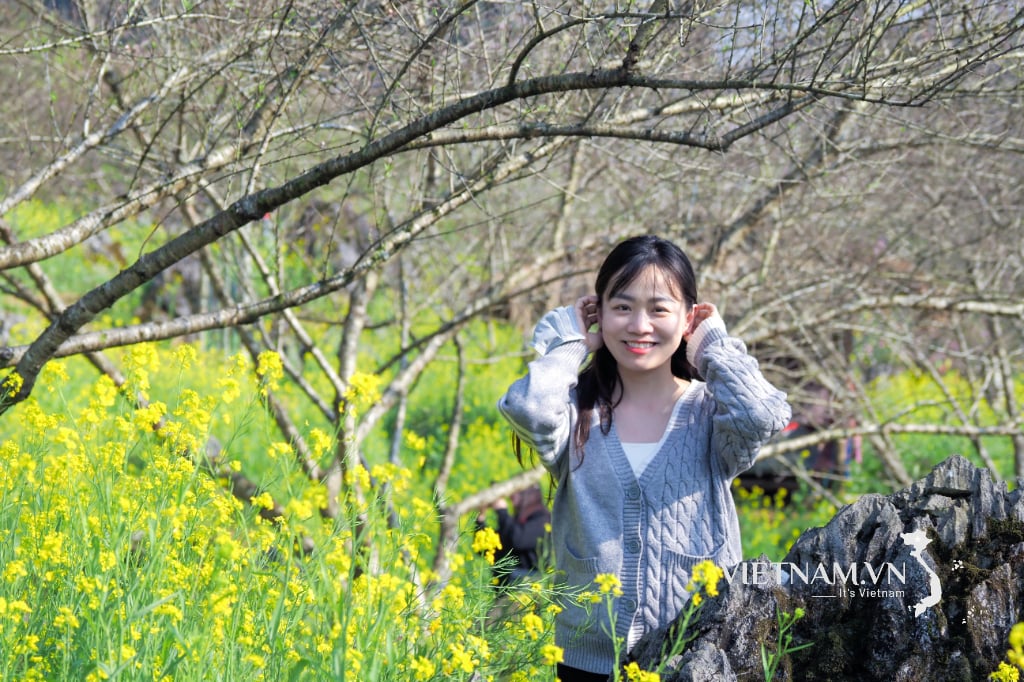


Comment (0)